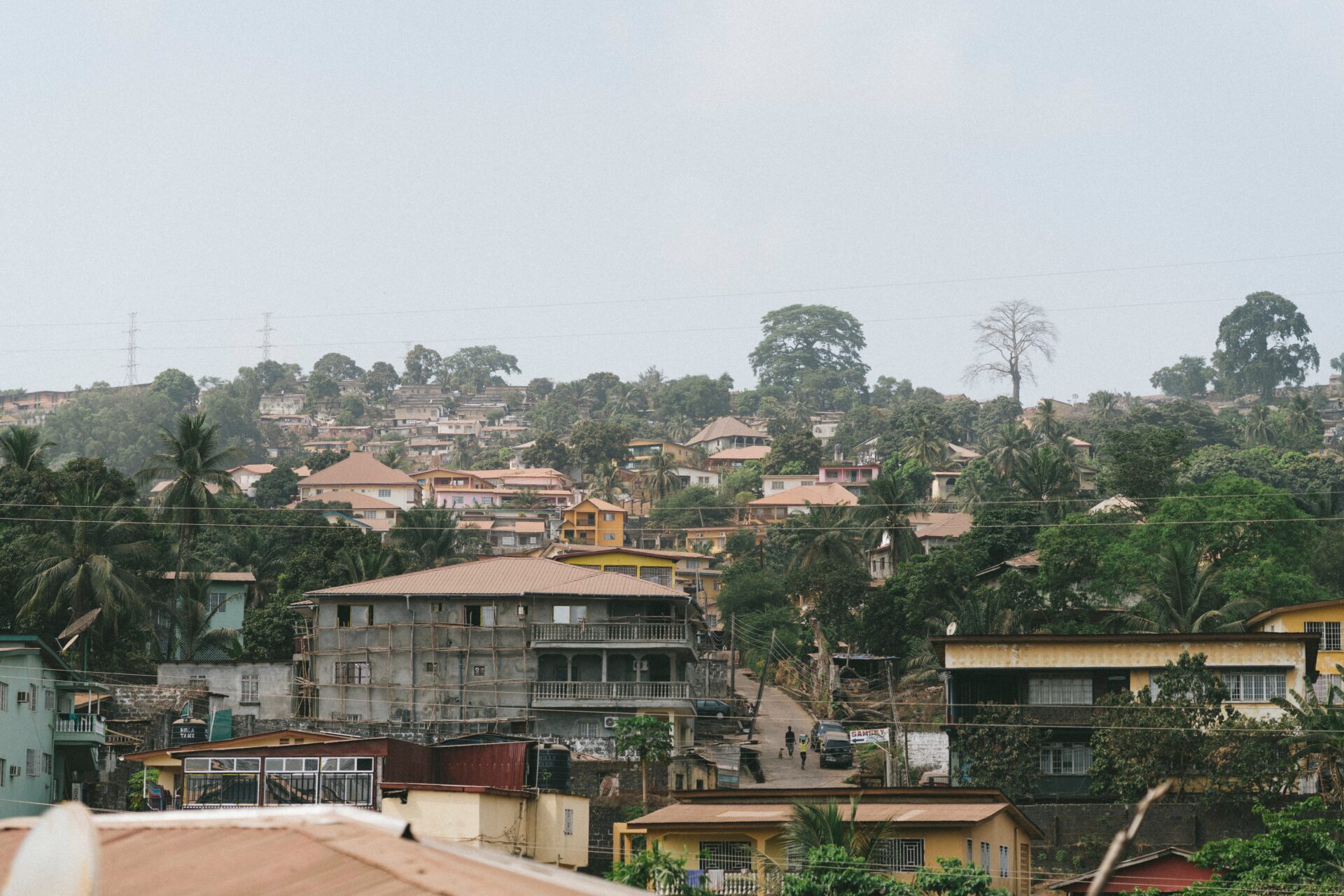In March 2023, Laterite started operations in Sierra Leone with the opening of our office in Freetown. This milestone marks the beginning of our story in West Africa. We caught up with Laterite Sierra Leone’s Country Director Bea Ani-Asamoah, previously a Senior Research Associate in Laterite Rwanda.
What interested you in coming back to Laterite and taking on this challenge?
West Africa—Dim and Sach really got me with just those two words. Laterite is home to me in the same way that West Africa is, as a Ghanaian. While I’ve appreciated my time in other regions, here is where home is and it’s nice to be back.
Beyond returning “home”, this is an incredible opportunity to help define and shape what Laterite in West Africa could look like. As an organization, we’ve built a portfolio of robust high-quality work in East Africa, and we’ve grown by always prioritizing quality, local sensitivity and innovation to drive the research process. I feel extremely lucky to have been part of this. I’m excited that West Africa is our next stop and I’m looking forward to contributing to the use of evidence to guide programming, policy and impact in Sierra Leone.
How have you been settling into Freetown?
For starters, I get to live right by the ocean and wake up to the sound of waves every morning. The city has a certain level of accessibility to people and things; I think this is a major part of its appeal. Freetown is a city where relationships are spontaneously built—where you randomly end up on a boat or a camping trip with the same person you’ve been trying to meet for work. People are warm and friendly and are always happy to welcome you into their network. Although between the sights and sounds it can feel quite chaotic, it has lots of charm.
If the goal is to establish a presence in West Africa, why did you choose Sierra Leone as a starting point?
Sierra Leone emerged as the best option following a comparative mapping of potential locations, and we’ve been extremely happy with the decision so far. From a regulatory perspective, Sierra Leone has been a relatively easy country to set up operations in. The country also presents a healthy demand for development research. There’s increasing interest and funding opportunities for high quality, robust evidence to inform programming and policy. We also saw relatively few research firms with a local presence. Since we’re committed to building a team based in Freetown, all this meant tangible room to be part of impactful work.
“Mama Salone is only our first stop, the first of hopefully many more in the region.”
What opportunities (and challenges) are you seeing for the Sierra Leone office?
Lots of opportunities, for sure.
Laterite’s work has been deeply rooted in one goal – delivering rigorous, actionable research to support policy and programming. We’ve proudly achieved this goal in all our countries by relying on strong national teams. A local team brings a deeper understanding of the context – from defining what opportunities are relevant to giving a voice to the data being collected.
We’re seeing exciting opportunities in the education and public health space, two of Laterite’s core sectors. Given my own background in education, I‘m very much looking forward to our education portfolio. It’s great that issues on foundational learning, data integration, and inclusion are at the forefront of the education discourse here. Many know how exciting this is for me.
Frankly, we don’t see any imminent challenges. If anything, we’re extremely hopeful about Laterite’s role leading some of this work in the future.
Could you share some of your immediate and long-term goals for Laterite Sierra Leone?
One of my favorite things about Laterite has always been how we approach opportunities – we don’t care about just doing any research: it has to be research that matters, that is meaningful. But doing research that matters relies on a nuanced understanding of the socioeconomic context. Over the last few months, we’ve dedicated time to strengthening our grasp of this and it’s something we’ll continue to do.
We’ve also been focused on establishing a national team that can deliver high quality research, notwithstanding the fact that the Freetown team will always have access to the global team’s expertise. Recruitment has been underway and we’re beyond excited to have a field team ready to go.
In the long-term, our goal is to become a key player in the delivery of research across West Africa, in the same way that we are in East Africa. Mama Salone is only our first stop, the first of hopefully many more in the region.
